Once a successful civil servant and now a successful businessman, Dr. Doan Huu Tue believes that the goal of streamlining is to reach a point where those working in the state apparatus are truly talented and dedicated to their work.
Nearly 14 years ago, Dr. Doan Huu Tue - head of a department at the ministerial level - decided to "leave" after 17 years of enthusiastic commitment to the civil service environment.
Sharing with VietNamNet at that time, he confided his heartfelt words about the current state of the working environment for civil servants, such as: "If we can cut those who 'do nothing' out of the system, civil servants' salaries will certainly increase a lot and will create a more dynamic and effective working atmosphere; at the same time, we will avoid wasting resources because those who are being downsized will certainly have to find new, more suitable jobs and contribute more positively to society."
At that time, Dr. Tue recognized: "To thoroughly reform the administrative system, we must first make a revolution for the civil service. If we cannot handle the payroll issue and create healthy and fair competition in the civil service environment, we will never be able to handle the salary issue. When the salary is commensurate with the work efficiency, civil servants will certainly be wholehearted, wholehearted and make every effort for their work. On the other hand, the pride of being in the ranks of civil servants and not having to bear the pressure of making a living will contribute to reducing corruption and harassment"...
Dr. Doan Huu Tue is the founder and CEO of the My Viet International Group. The “reunion” between VietNamNet and Dr. Tue took place when the story of streamlining the payroll in the spirit of the apparatus streamlining revolution is being urgently implemented in all ministries, branches and localities.
Leaving the civil service, I find myself more useful.
Looking back, how do you evaluate the journey over the past 10 years?
Frankly speaking, in terms of work, I find myself more useful after leaving the civil service environment.
First of all, I consider the value of a person to be what he or she contributes to society minus what he or she receives from society. Accordingly, the value of an ordinary worker can still be higher than that of an official if the difference between “contribution and benefit” is larger.

If I were still in the civil service environment, I would certainly have a very good job position now. But socially, since leaving that environment, I have done more useful things and contributed more to the community and society.
When I left my civil service position, someone else replaced me immediately and there was no problem. In the state apparatus, no one is irreplaceable. But without me, the company I founded would certainly not exist, which means there would be no products and services bearing the brand of that company and no “jobs” that the company created.
If you calculate clearly, what benefits does leaving the state environment bring to your family and yourself?
The first benefit for myself is that I am free. And you know, freedom is one of the happiest things for human beings, right? Uncle Ho taught that there is nothing more precious than independence and freedom.
When I go out, I am completely in control of my time, so I don’t work according to rigid hours. Especially now, with the support of technology, I can work anytime, anywhere and do many things at once. I am no longer dependent on or constrained by “8 hours a day ”, “going to work in the morning with an umbrella, coming home in the evening with an umbrella” . That is the best thing for me.
The second benefit is that I get to think more…
To think or to think, sir?
“More” here means “can” not “must” . Voluntary, wanting to think, not being forced by anyone or anything. Thinking to turn complex problems into simple ones, turning difficulties into advantages, even turning the impossible into possible ones… Thinking to create practical, useful products, not thinking to cope or thinking aimlessly.
“Must think, must do” and “want to think, want to do” are also differences between civil servants and businessmen. Usually, civil servants “must think, must do” , while businessmen “want to think, want to do” .
For example, when I recently went to India, I realized that this is a potential market for agricultural products. I naturally thought about how to expand into this market. That is what I wanted to think, no one forced me to think.
In the civil service environment, I was only allowed to do the work according to the assigned functions and tasks; even if I wanted to do more, I couldn't. On the other hand, I had to do the assigned work, even if it wasn't really suitable or necessary. But now, I can freely do any work that I think is most beneficial for myself, the community and society, as long as it is not against the law and ethics. On the contrary, I don't need to do anything that is not really necessary or not really useful.
When I left the civil service, I was free to think and act; had greater aspirations and was exposed to more talented people. I became a different person, in a positive way of course.
And the third benefit is of course income. A civil servant’s salary is “meager” , if I stayed, my current salary would be several tens of millions, which would not help anyone materially. As you can see, sometimes wanting to be a good person without money is difficult. Moreover, spending money that you have earned with your own hands and brain makes you feel happy and proud!
Of course there were disadvantages... When I "left", many friends and acquaintances who had respected me suddenly looked at me with eyes of fear and disappointment, which made me feel a little sad. But now most people understand my choice.
So if you could "start over", would you work outside or still be a civil servant and then "jump out" after a while?
My leaving the civil service was a matter of fate. At that time, my work was going well, and my career path ahead was wide open. I had defended my doctoral thesis, studied advanced political theory, was included in the planning, and was trusted and loved by my superiors and colleagues. Continuing to advance in my career as a civil servant was not really too difficult for me.
My civil service career is truly memorable and valuable. I am very grateful to the civil service environment where I work. The agency has created very favorable conditions for me to receive formal training both domestically and internationally. I was assigned many difficult and useful tasks, trained and learned a lot, and especially traveled a lot. It was those years that gave me the confidence to start a business.
In fact, many people who have not experienced the civil service environment often lack confidence when interacting with officials and civil servants. As for me, when I meet and work with them, I consider them as meeting old colleagues, so there is nothing to be afraid of. For me, that is also an advantage when starting a business.
If I were “young again”, I would still choose to be a civil servant, but I would have one of two choices: leave the civil service earlier or stay until retirement.
Review the work items
Back to the hot topic today, which is mergers and streamlining, what do former civil servants like you think?
The issue of streamlining the apparatus, everyone realizes is an urgent issue "already known, very difficult, talked about forever" . In reality, it is not too much to say that almost every agency needs to streamline. A department has up to several dozen people, but the number of people actually working is only five or seven. Especially now with information technology and all kinds of support means, there is no need for as many people as before.
On the other hand, if we comprehensively review and re-evaluate the tasks of ministries, departments and branches, we will see that there are many tasks and stages that are redundant or overlapping, causing waste.
Therefore, I think that one of the first things to do when streamlining the apparatus is to conduct a general review of the work items. Any work that is not really necessary should be eliminated, and any work that overlaps should be assigned to only one agency to perform. Reducing the number of tasks and people will reduce waste for society. That is the key to the problem of streamlining the apparatus.
In my opinion, those who come here will leave the state environment should look at the problem in a positive way, as the saying goes , "When one door closes, another opens."
The “opening of another door” may not lead to anything, but beyond that door will certainly be new things. Be optimistic that when you step into a new horizon, you will experience new feelings, jobs, and relationships.
Just look at things positively and everything will become normal and exciting. But if you think this is a tragedy, or that tomorrow you will no longer be a civil servant and will lose all your rights, then you have already lost before even entering the arena.
Maybe his decision to leave the civil service was proactive, so his thinking and attitude were different, while those who were "reduced" would have a different mindset?
Being proactive or passive is up to you. You can completely turn passive into active. If I were still working in a civil service environment at this stage, I would most likely volunteer to downsize.
Recently, I have read many opinions, and I see that many people consider the issue of streamlining to be very serious. Many people worry about what their life will be like tomorrow, what will happen to their family… and many other things. Personally, I think that people who think like that do not deserve to stay in the civil service chair.
I have to say it bluntly, even if the truth hurts. A capable person will think that if he doesn't work here, he will work somewhere else, he will find his own job, there is nothing to be afraid of. These are the people we need to keep.
I think the goal of streamlining is to reach a point where the people working in the government are truly talented and dedicated to their work. Only when that is achieved can it be called a success.
If we only cut back mechanically, and in the end the good ones leave and the bad ones stay, then it's like turning a big "hotpot" into a smaller "hotpot" .
"Opening up" so that the public-private boundary is no longer heavy
Do you think that the situation of “big pot” becoming “small pot” will happen, when the talented people find the selection to cut too complicated and are willing to leave? As a result, the remaining “civil service positions” will still be reserved for people with less capacity?
I think that situation can only happen on a small scale, in a certain agency or unit. But on a large scale, the probability of this happening is very low.
Here, I would like to share a concern. This is not directly related to the issue of streamlining the payroll but is related to work in the private sector.
It is an opportunity for “outsiders” to participate in the state management apparatus. Currently, this is almost impossible due to outdated regulations and constraints. In many countries, people working in the private sector can completely apply for a leadership or management position in the state apparatus if they meet the requirements.
On the contrary, a man who is an official, wakes up one beautiful morning and suddenly thinks "now I have to go out to experience new jobs, new challenges" . After starting a business and being successful, he still has the opportunity to return to join the state apparatus if he wants.
After all, working anywhere is for the purpose of self-development and contributing to the development of society. When “opening up” like that, the boundary between the public and private sectors, the story of civil servants or non-civil servants will no longer be heavy. If done so, the revolution of streamlining the apparatus will be easier and truly change in quality.
That's a long shot, but I think it's worth thinking about.
Don't be disappointed when your loved one is no longer a civil servant. When I first retired from the government, a brother who was a local leader said something that I will always remember: "There are things you do now that others will understand 10-15 years later." Therefore, for those who will no longer be civil servants, family and friends should give them trust and encouragement, not disappointment or doubt. This will greatly encourage them on the path of finding and starting new opportunities for themselves. |
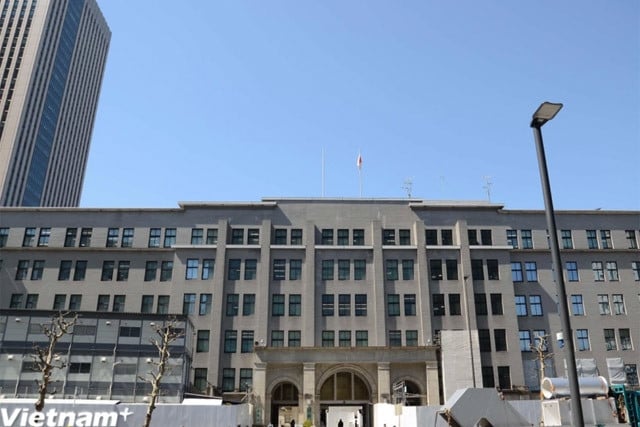
How Japan and Germany work to have a lean and strong Ministry of Finance
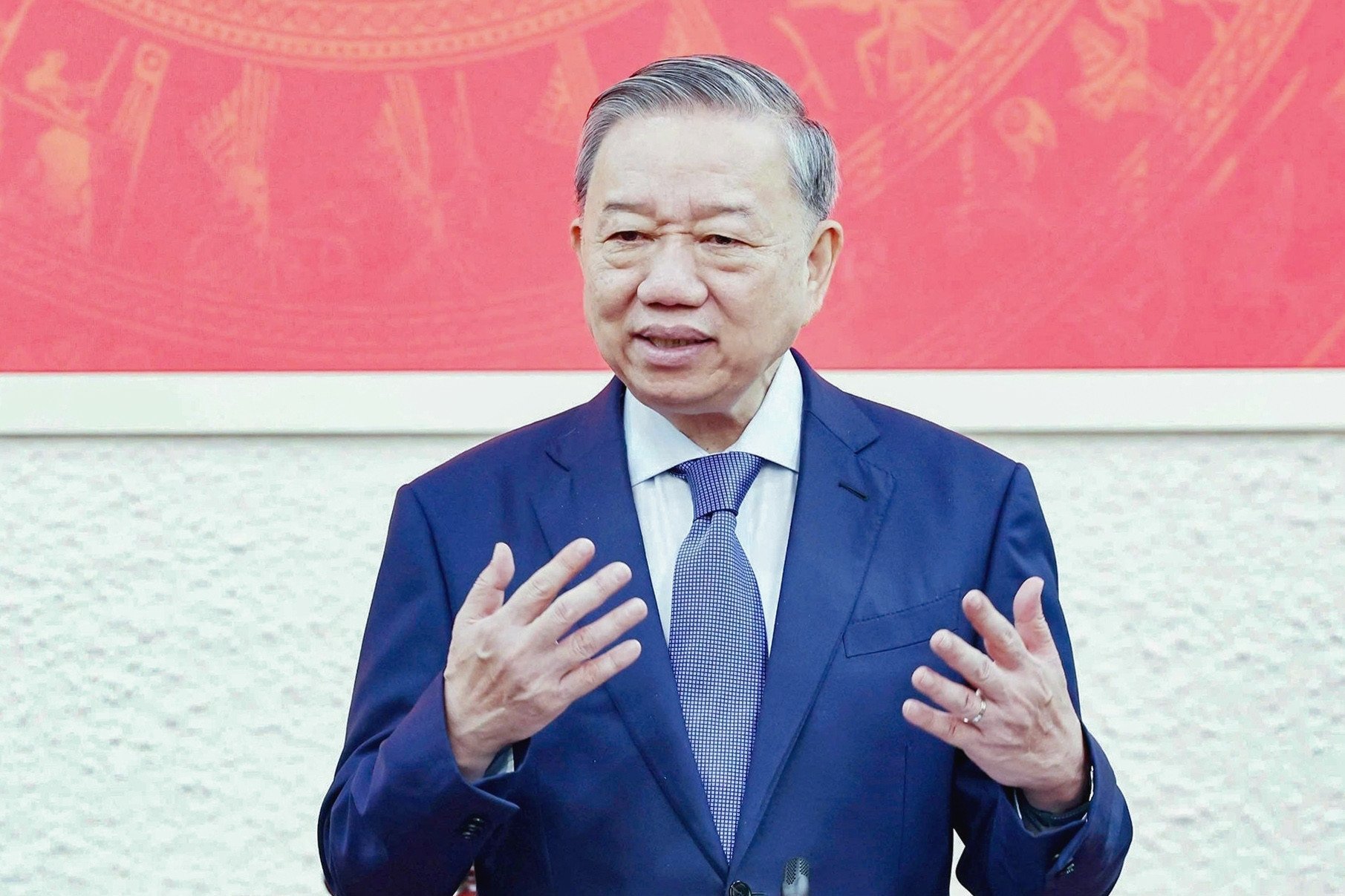
Lean Revolution: What to Do and Who Will Do It
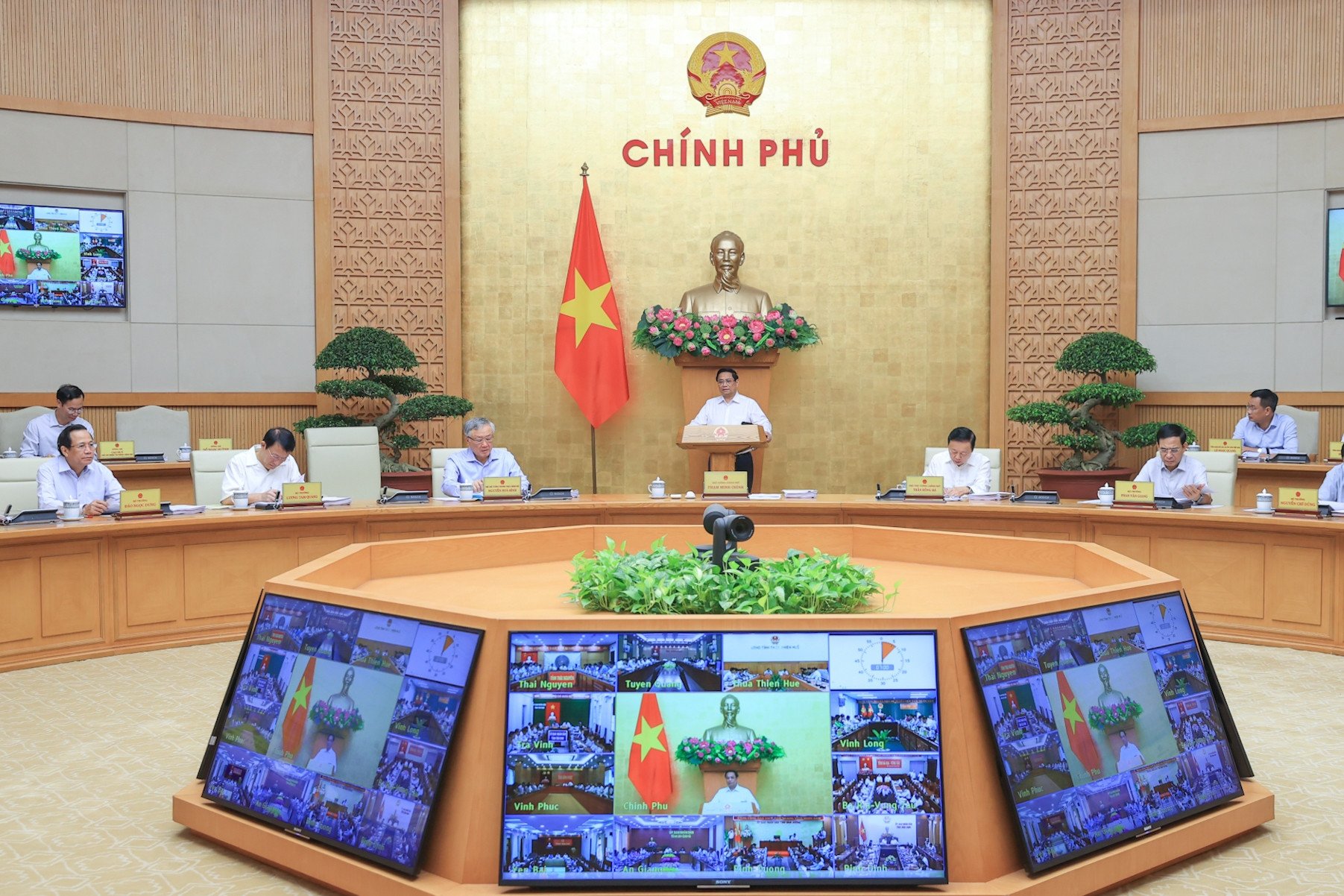
How to organize multi-sectoral and multi-disciplinary ministries in our country appropriately?
Source: https://vietnamnet.vn/nhung-nguoi-so-tinh-gian-thi-khong-xung-dang-tiep-tuc-lam-cong-chuc-2353142.html



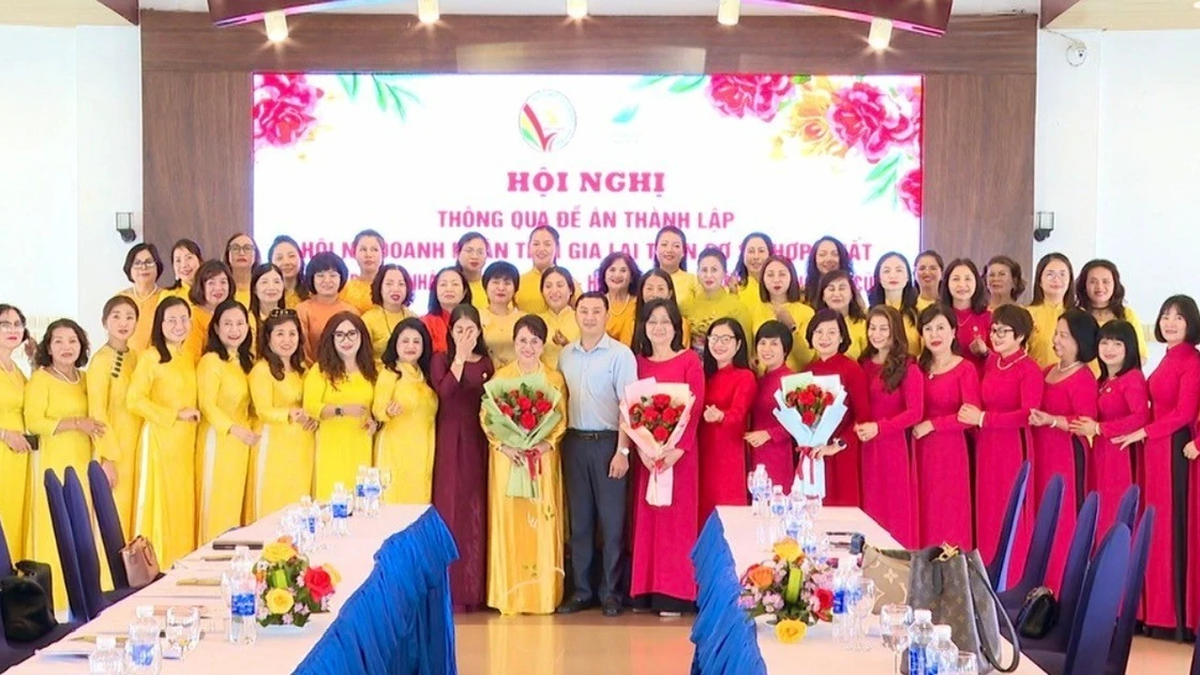





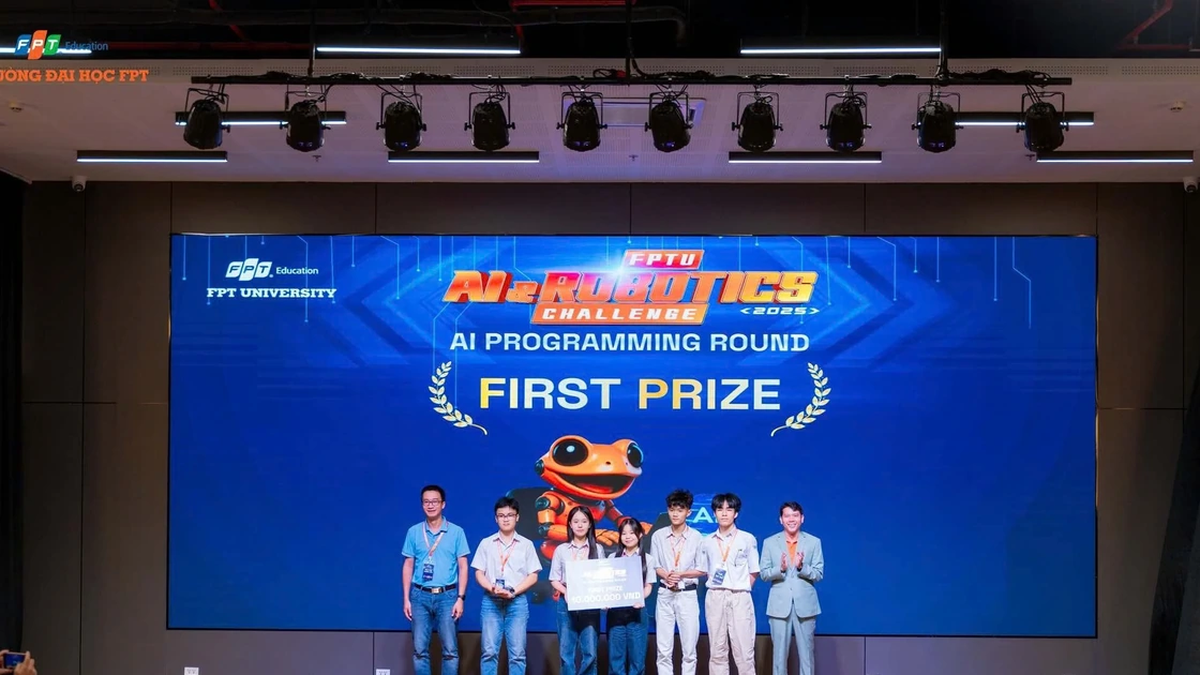























































































Comment (0)